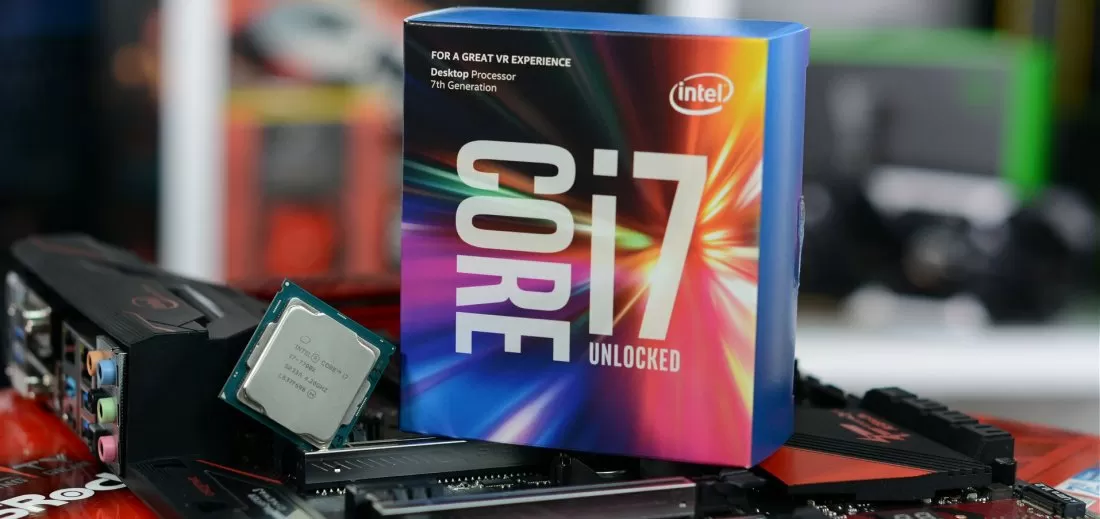Mr Walton's arguments are all about price and upgrade path ("new parts are same price for better performance. I feel ripped off") ("I have to buy new board for my new CPU, what a ripoff!"). He forgets that sensible people build their PCs to actually use them, usually for 3 to 5 years, and they don't worry about what comes next being faster/cheaper. For the complainers there have always been many examples of this phenomenon, (self-induced buyer's remorse). For some reason, the gloom and doom folks all seem to have jobs writing for tech sites now. Gather your snowflakes, see how many "likes" you can get spreading negativity. After all, you're entitled...
